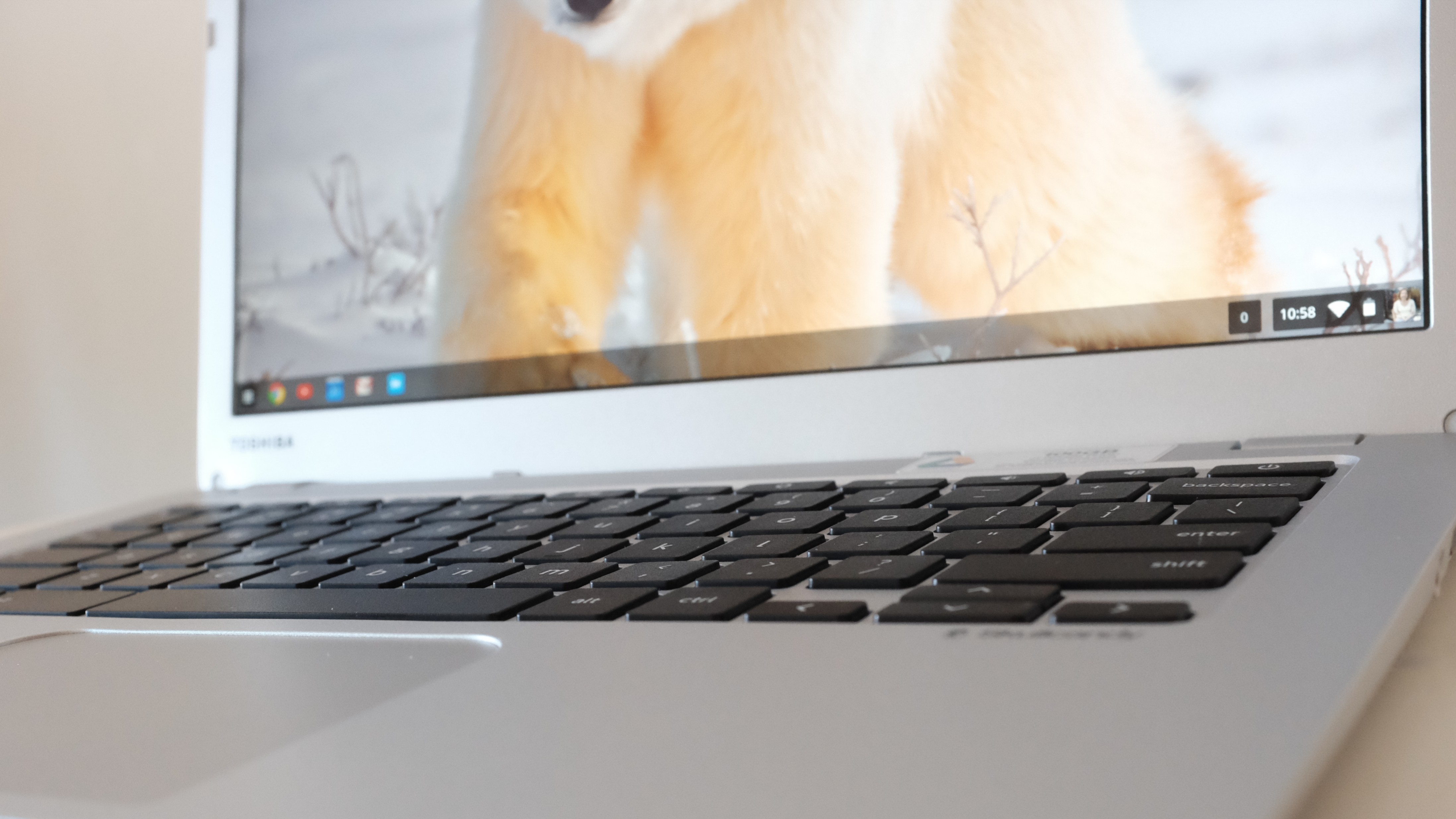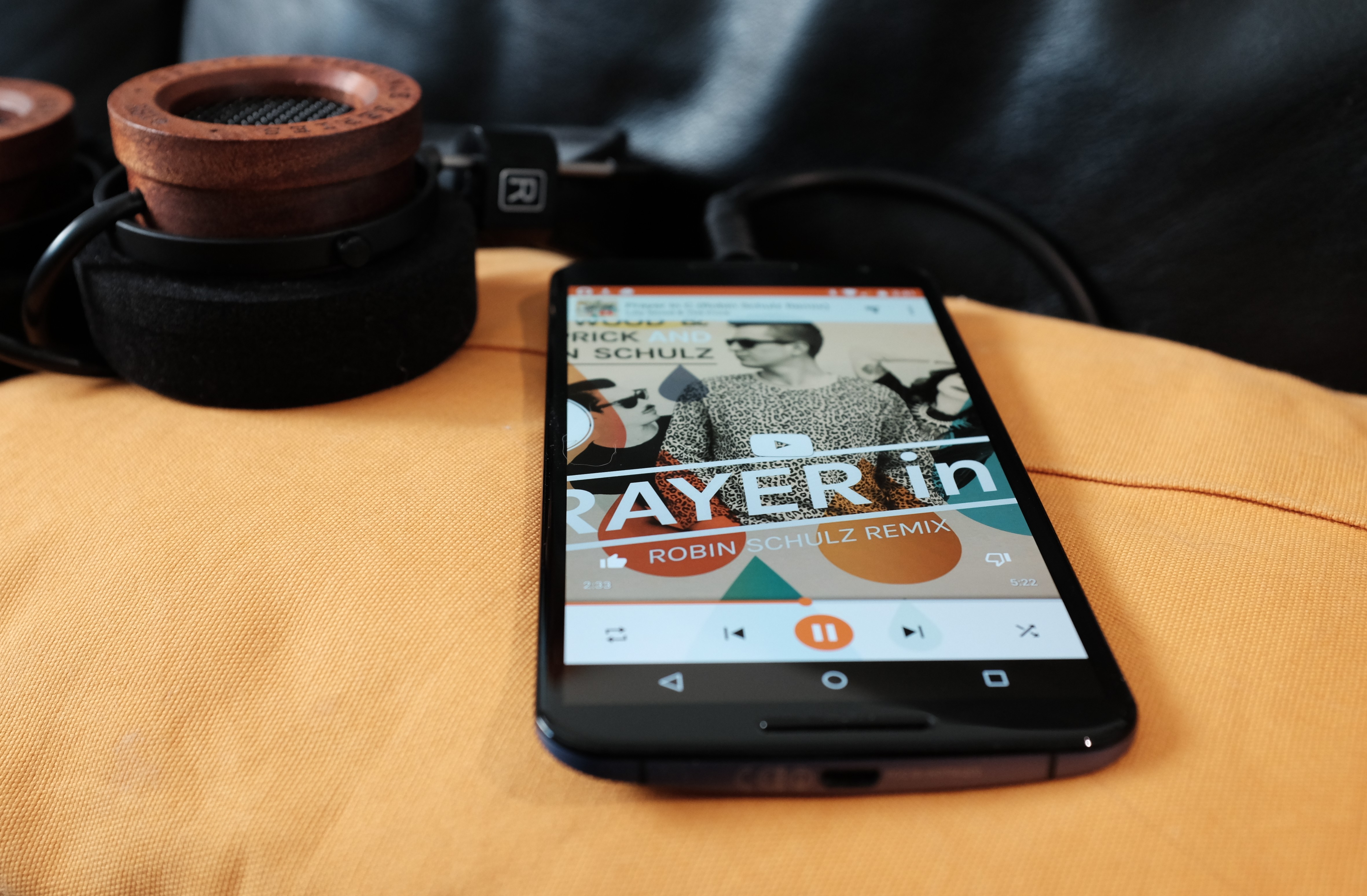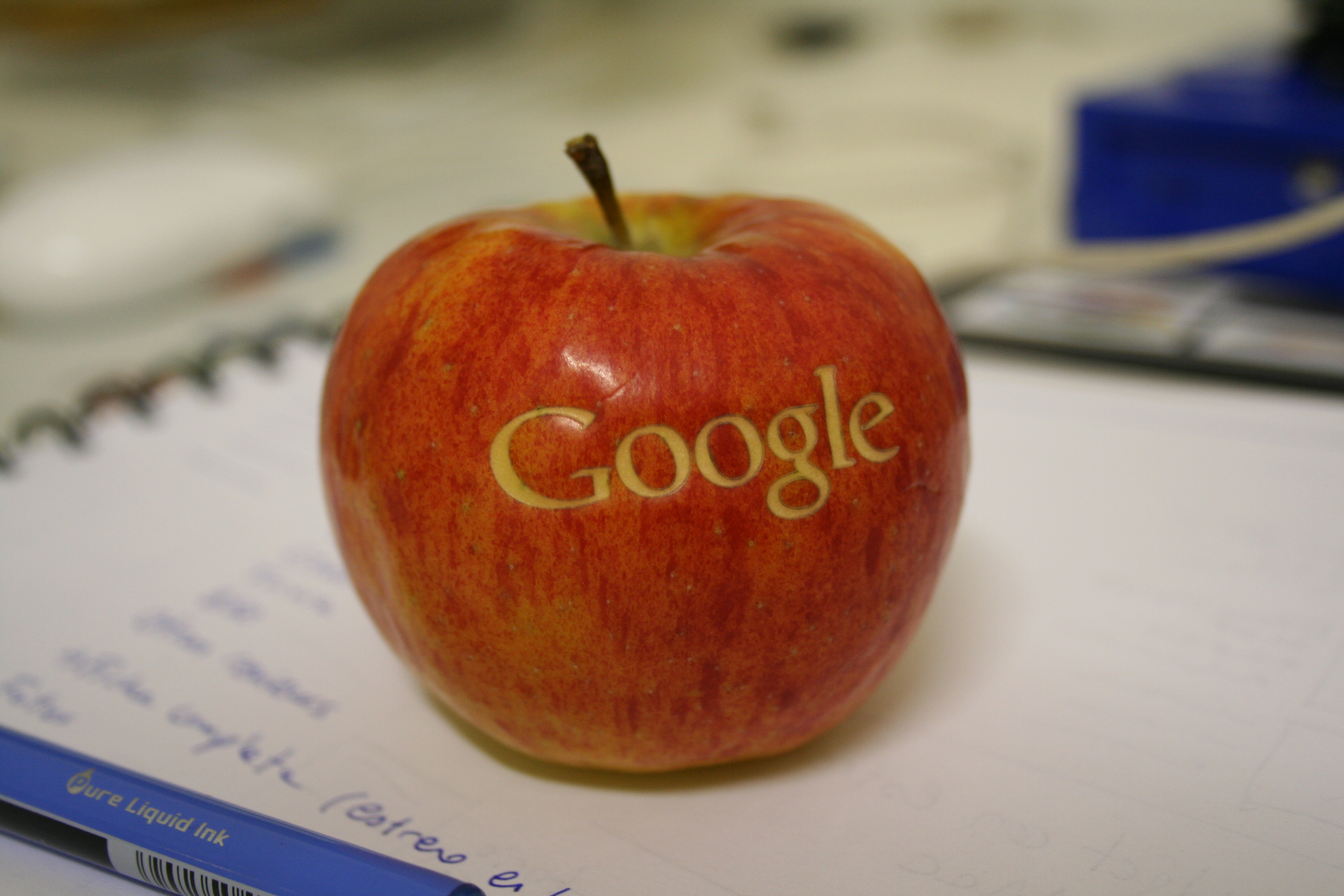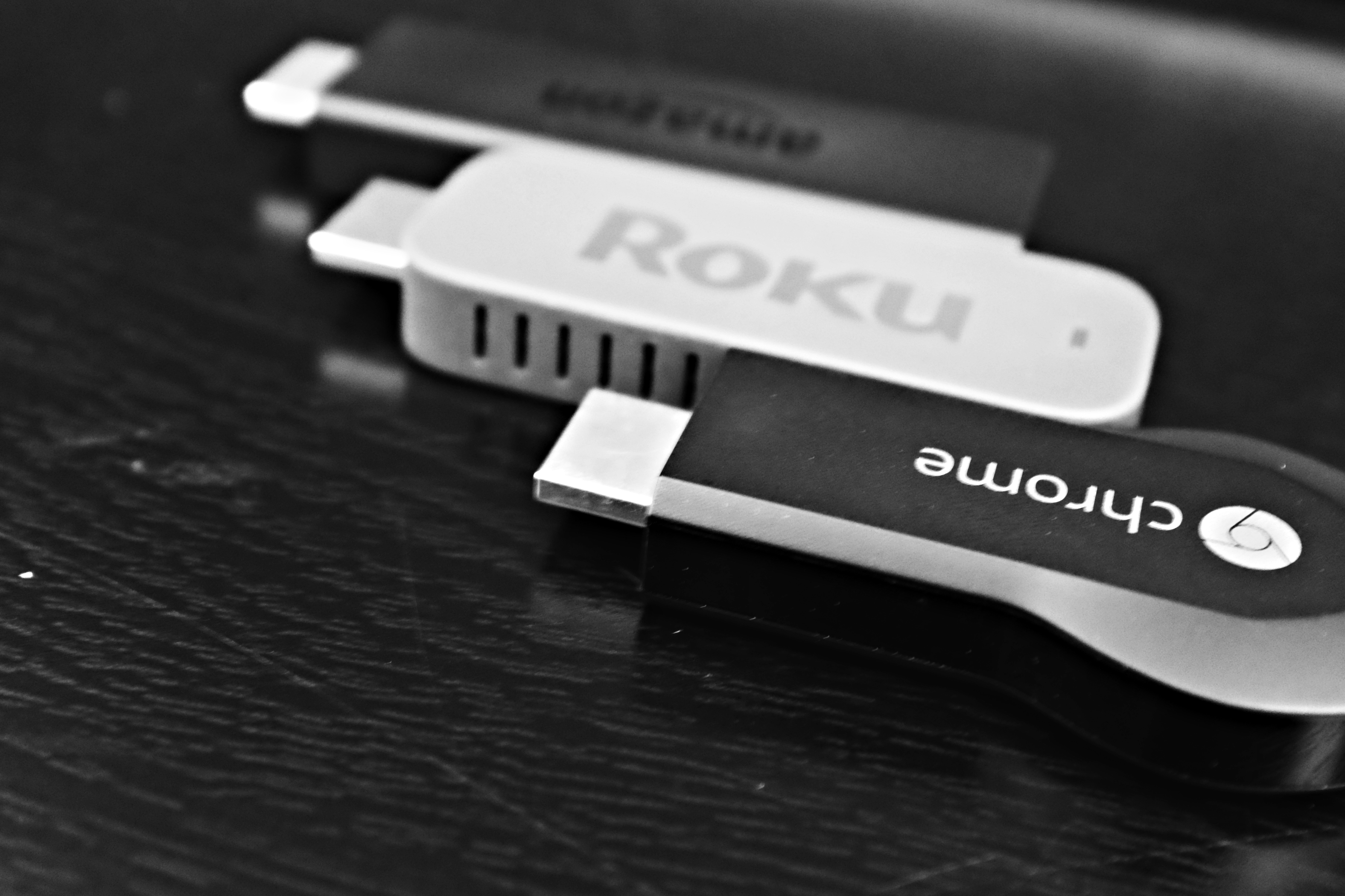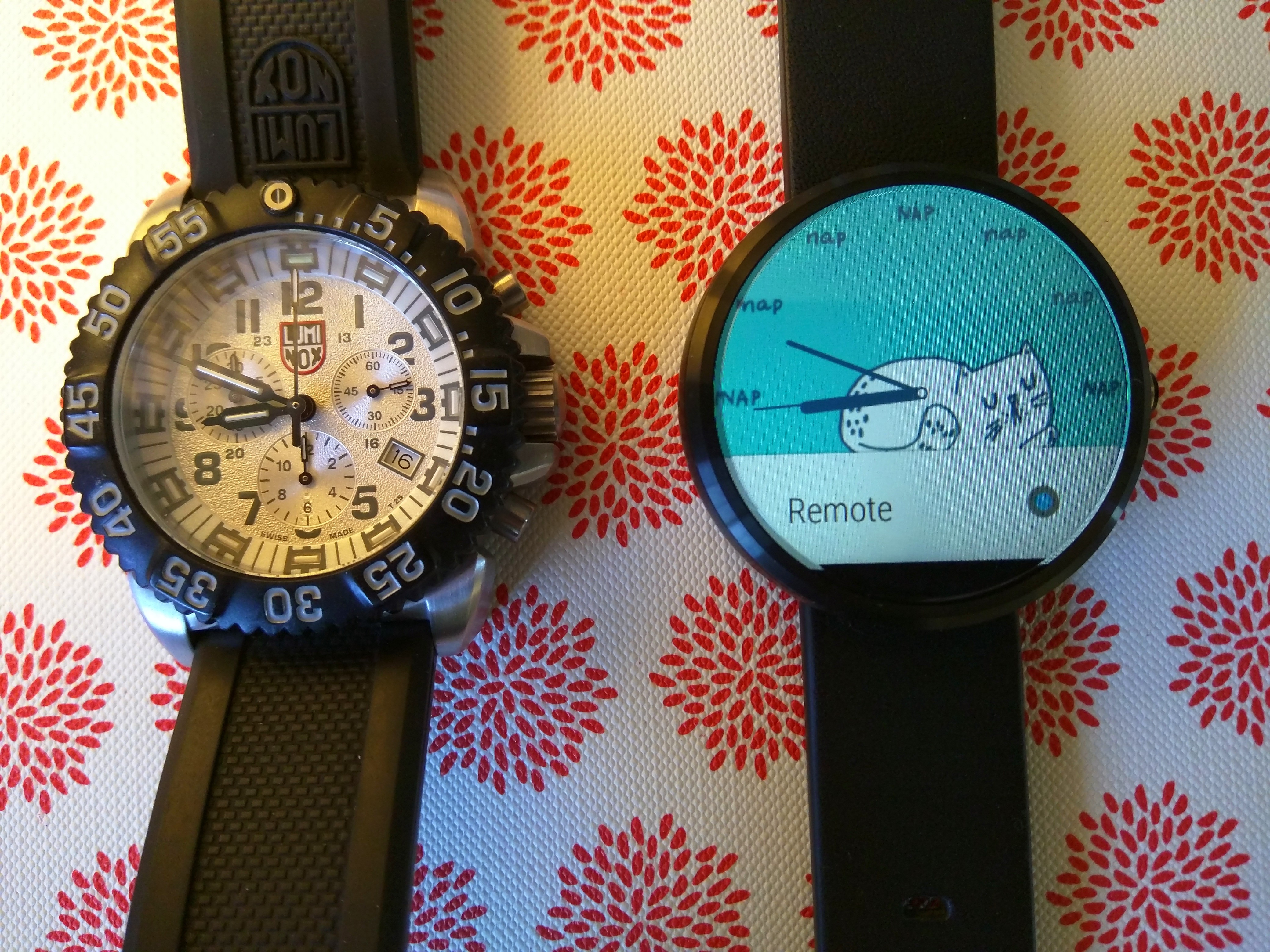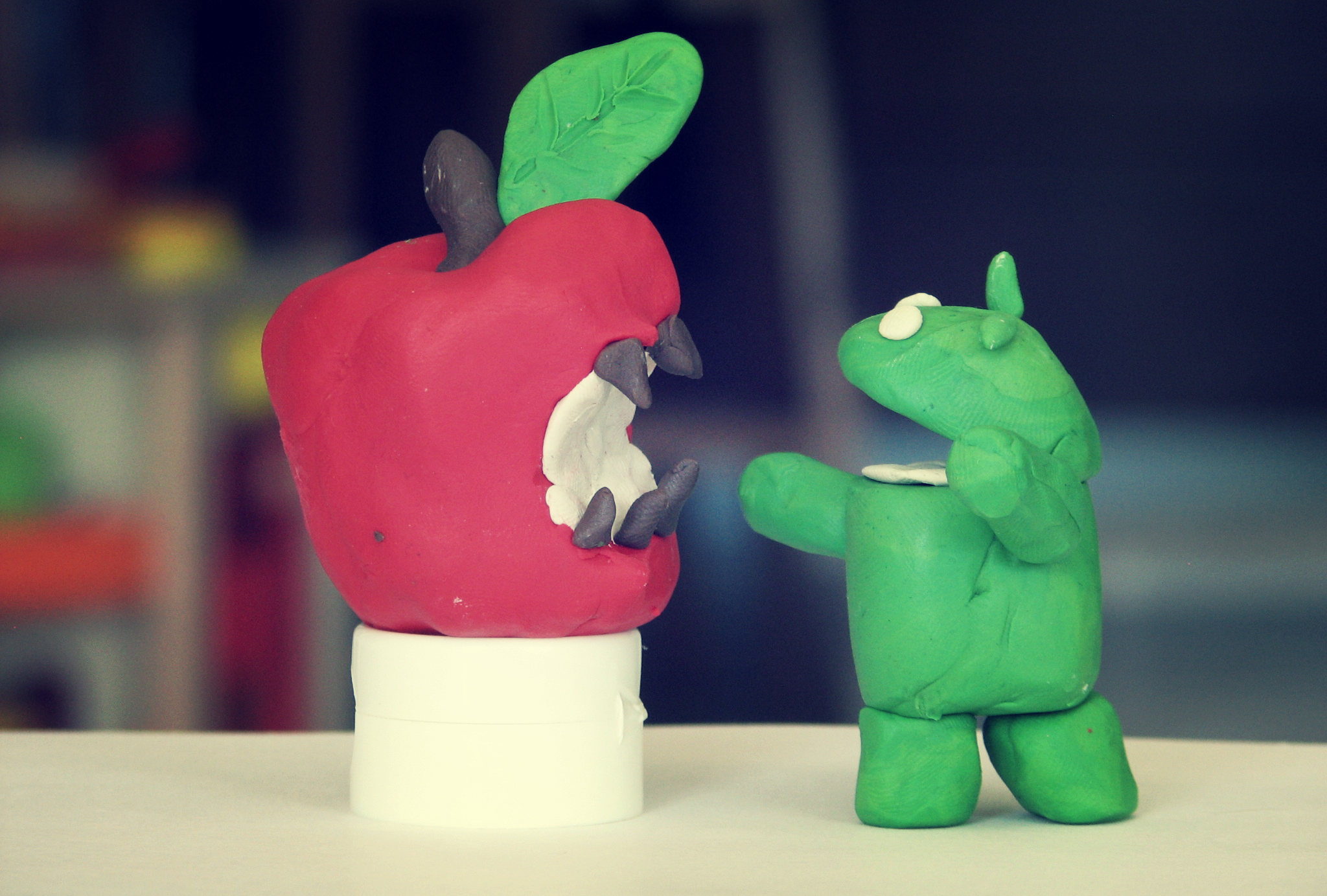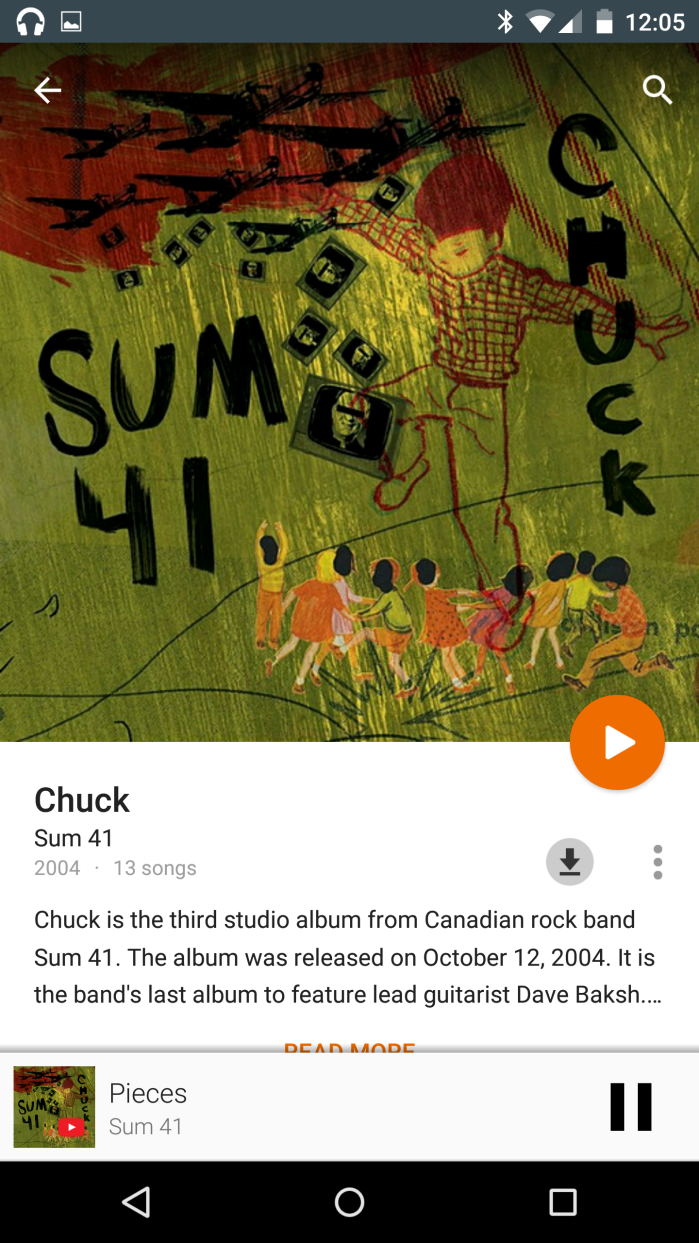My family plays musical computers today, as mom receives my wife’s Toshiba Chromebook 2—to replace the end-of-life original Microsoft Surface RT. Last week, my beloved took possession of my Google Pixel after I received the newer model, which released on March 11, 2015.
While writing the above paragraph, my mother phoned to let me know the laptop arrived. “Oh do I like this Toshiba! This can’t be a 13-inch screen. It seems so much bigger”. The reaction is more than just because of the move from the RTs 11.6-inch panel. Among the Chrome OS category, the Toshiba’s screen is exceptionally bright, and crisp, setting it apart from every model other than Google’s own.
